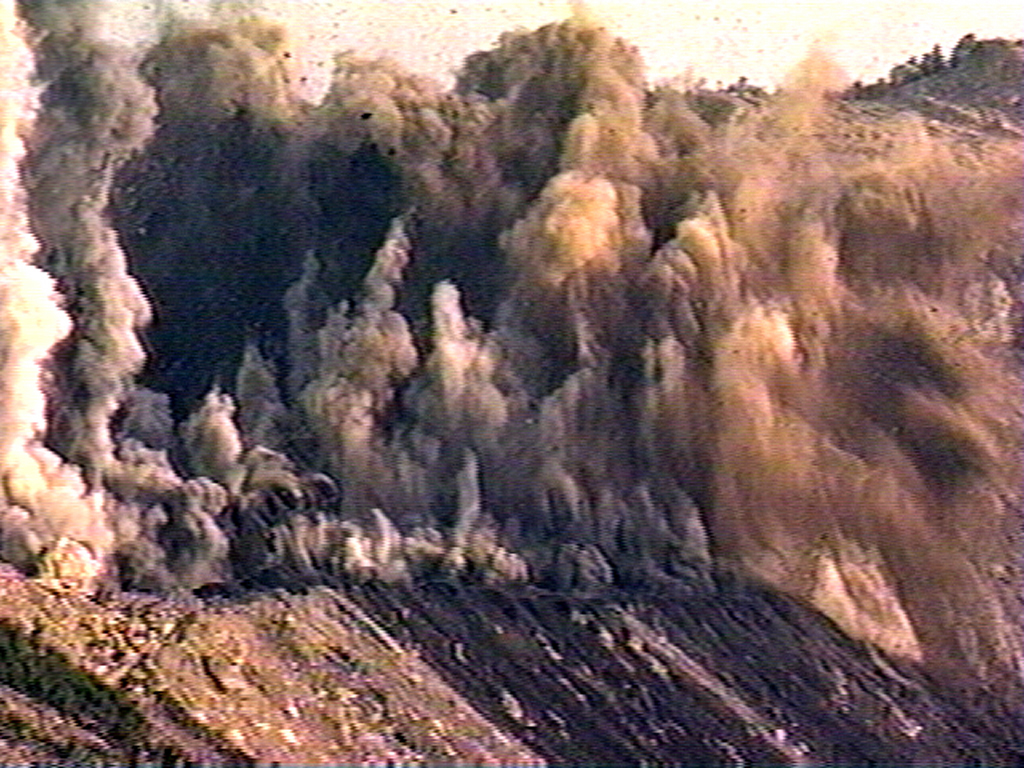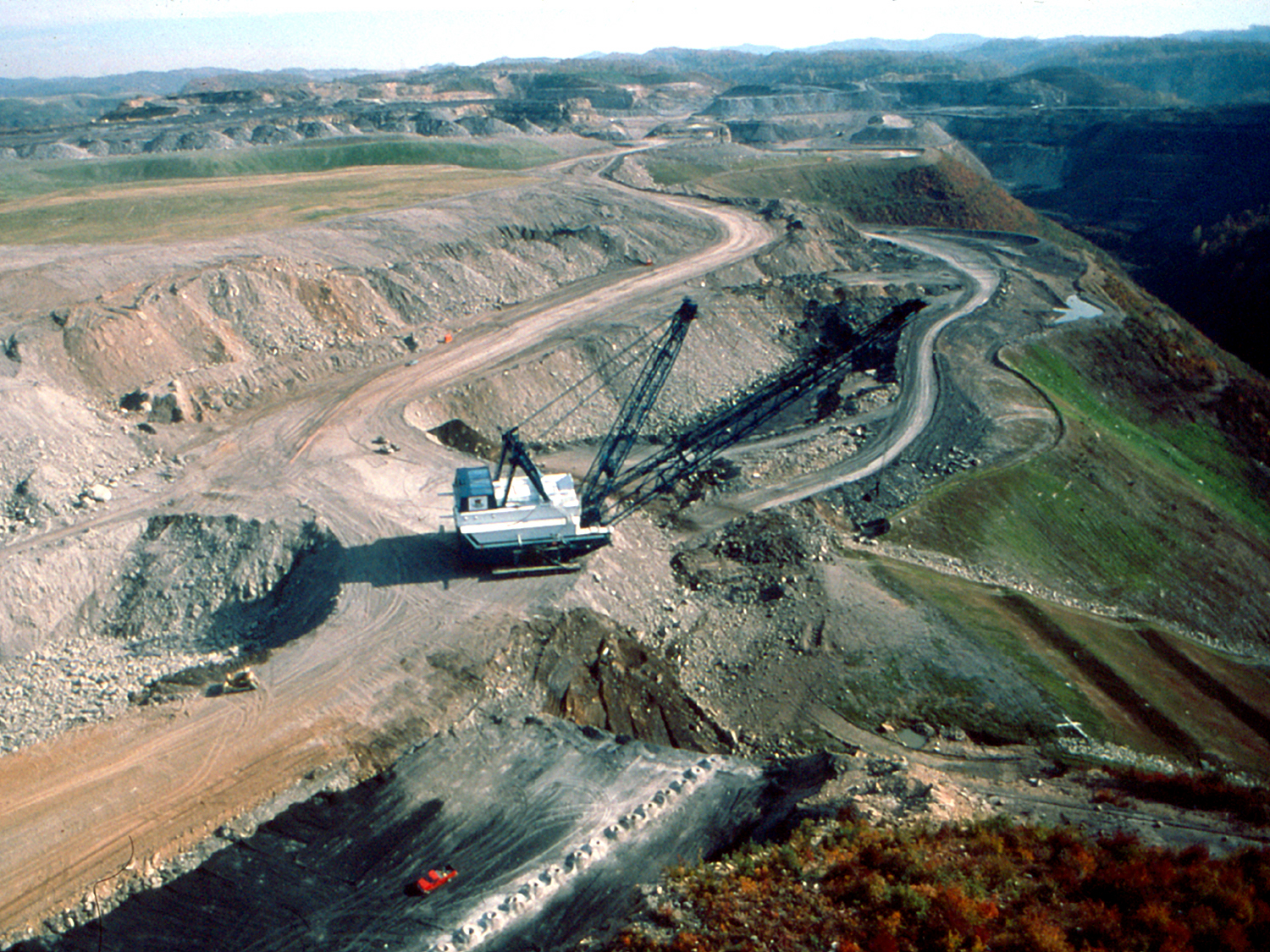Suum cuique: To each, his own (thanks
Wikipedia). Every person is different, and has unique talents, ideas, and opinions. Here in Lexington, there are thousands of people that have all taken our education and life philosophies in different directions. We all make daily decisions based on education and life philosophies. This is true for almost any city in the country.
As a collective whole though, many lack an understanding of how each decision we make impacts our economy, our city, and our environment. We lack an understanding of the basic functions of a city or town, and how that works in conjunction with the people living there, and the environment both in the town and in the countryside. Basically, we lack a civic mindedness.
Civic mindedness involves both understanding these issues, and engaging our leaders in conversation on these issues. For example, we all understand the idea of a self-fulfilling prophecy, right? Now, let's consider a road, two lanes (one each way), and during rush hour, that road becomes extremely jam-packed. Everyone wants the road to be widened, so that the traffic will lessen during rush hour. The reality, however, is that the capacity of that road now increases, and supports
more traffic. Widening a road to four lanes will only make things worse by creating even greater congestion. It is a
self-fulfilling prophecy. Widening the road also causes a substantial increase in environmental impacts (urban heat island, stormwater runoff and pollution). This problem, then, requires a basic understanding of the impacts of choosing to drive everyday, the
real impacts of widening a road, and the costs of choosing to do that, as opposed to planning a city better.
In another example, many individuals are unaware that storm sewers (the grates along the curb) empty directly into local streams, full of whatever trash people toss out their windows (including cigarette butts), and the pollutants on the road surfaces from regular traffic flow. Some even pour chemicals straight into the storm sewer. When all these pollutants reach local streams, they kill aquatic life (fish, frogs, small insects essential to the aquatic food chain). This subsequently has impacts downstream, i.e. Elkhorn Creek pollutants can impact the Kentucky River. Then, eventually, a clean-up effort must be conducted, often an expense by the city, to restore a stream to healthy conditions--all because we, as citizens, failed to understand the impacts of our decisions.
Of course, there are some who do have a civic mindedness, and engage their community and leaders in critical thought. For most civic actions, like land developments, road bulding/widening, zone changes, and such, public forums are held so that citizens can comment. Recently, the Centrepointe project is an example of a land development that caused a significant citizen uproar, particularly with those who understood the impact it would have on the center of downtown. In most instances though, the collection of individuals in these forums are not wholly representative of the community, and do not provide a substantial voice that understands the real impacts of such civic actions. How can the political leaders make decisions that are in the best interests of the community, if the community is not knowledgeable on the subject, or chooses not to speak? Then, how can the community be upset at the result?
Knowledge of these issues is important, because choosing political leaders for our community is central to those potential leaders understanding these issues. If the citizen base does not understand them, then they certainly can not be expected to challenge the political leaders' knowledge of such issues. Now, with this in mind, I would like to challenge each of you to become better educated on the impacts of shopping, driving, living, and dining decisions, both in your life and the life of our city, economy, and environment. I would like to challenge you to participate more fully in our democratic republic--do not allow yourself to become a couch potato robot. Our society is in a challenging situation, and needs greater critical thought and collective participation to become a city of the 21st century (and beyond)--not a remnant of the 20th century.



